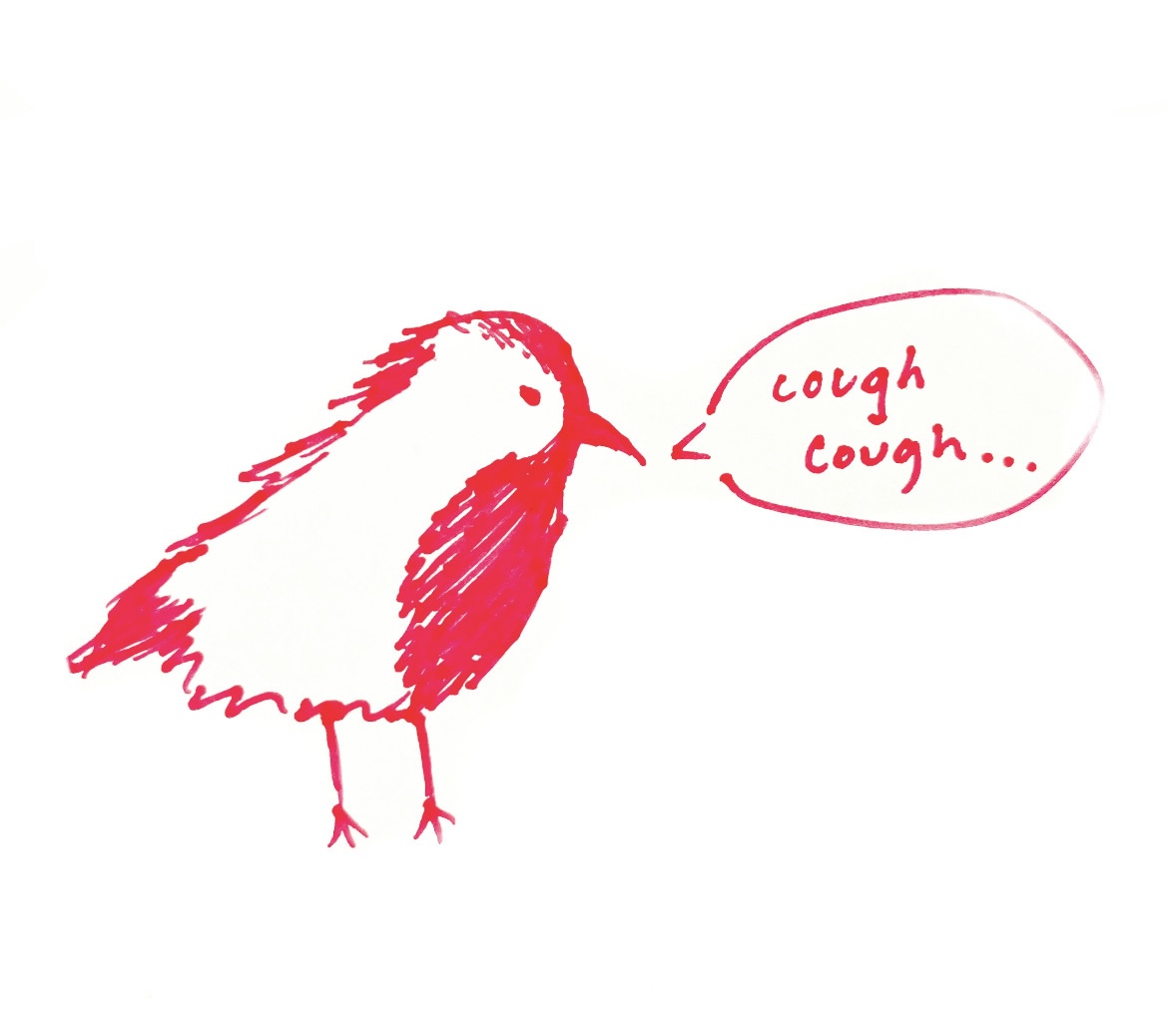
Whitman College students are known for having creative and alternative interests. It is no surprise, then, that many have embraced a hobby that combines creativity with sustainable value: brewing beverages.
In the past few years, the popularity of brewing beer, wine, kombucha or other beverages from their places of residence, either on or off campus, has grown dramatically. In a town known for quality wine, Walla Walla offers resources and opportunities for these students to begin brewing.
Senior Josh Melander began making his own apple wine after learning the tricks of the trade from a friend who graduated a few years ago.
“A senior when I was a freshman would make a five-gallon batch and give it out for fun. He gave me the tools to do it, and I started after he left,” he said.
For Melander’s “go-to” recipe, he begins by buying a few gallons of apple juice, two pounds of sugar and yeast to throw together a five-gallon batch. Melander likes to let the contents sit for five to six months before he opens the final product. The recipe he uses creates a product called apfelwein, a German hard cider known for its dry taste. A little maintenance is required, but it’s nothing serious.
“You get a cake of yeast and sugar on the bottom, and every month or so I take it off,” he said. “But for the most part, you just let it sit.”
Melander has found his recipe to be a cost-efficient way to make a good product with little time consumption. After a batch is ready, he shares it with friends in what is a low-cost way to enjoy home brew.
“It’s the fun of brewing your own beverage in a low cost and easy way,” he said.
While apple wine is relatively simple, home-brewers looking to make beer have a more difficult task. Senior Will Seymour has been brewing since his last year of high school. Though he primarily brews beer, he has experimented with a variety of beverages and other fermentation products.
“I started experimenting with cider when I was 18. Last year I made mead. Both are pretty simple,” he said.
Seymour didn’t brew during his first year in Jewett Hall but started a small operation while living in Beta Theta Pi his sophomore year. This year, Seymour is embracing beer-brewing full time. Like Melander, he makes five-gallon batches. However, his process is more time-consuming. So far, he’s been working with partial grain brewing, a process simpler than full grain. He first cooks the grain he plans to use in the oven. He takes advantage of Walla Walla’s brewing offerings to get his roasts.
“There are a lot of vineyard supply stores in town,” he said. “I buy the roasts that I want there, and then cook those in the oven.”
After this process, he adds flavor to the extract. He brews in his five-gallon brew pot, and the process of preparing the grain and the hops takes around three hours. After this period, he pitches the yeast.
“It ferments for about two to three weeks. I use an air lock to make sure the seal is good,” he said.
From there, he either bottles it or adds more hops. The process requires resources and equipment more extensive than simple home brew like Melander’s. During the process, Seymour uses the oven and stove in his apartment to heat and cook the raw materials properly. Another difficulty is the danger of breaking the seal.
“Home brewing naturally creates a lot of difficulty because you don’t want the product exposed to air,” he said.
This difficulty is perhaps why beer brewing is less common at Whitman. Temperature control in brewing is extremely important, and it’s difficult to do that with a simple home-system.
Seymour is interested in turning brewing into more than just a hobby. He currently works at Seven Hills Winery downtown and is actively considering a masters program in brewing at the University of California at Davis, which would allow him to work in a brewery or potentially start his own. He’s starting to create his own recipes after years of crafting a strong knowledge of how to brew beer.
For now, he is content to enjoy his product with friends.
“I’ve always liked to share it with friends without selling any,” he said.
A third type of brewed beverage, and one that has become ever popular at Whitman, is kombucha. Like Seymour, sophomore Lucie Pepper began experimenting with fermented beverages during high school. Her hobby started as the result of family enthusiasm over the drink and a desire to make it herself.
“My mom had been drinking kombucha for several years before it became a big thing,” she said. “It was kind of a joke in our house that she would save so much money if I started brewing it. It started as a fun project with my friend.”
Though she now says brewing kombucha is a simple process, she experienced her fair share of difficulties in the beginning. After getting a starter kit with a scoby, a colony of bacteria and yeast that allows for the fermentation, she had struggles with making the process begin. Now it’s a humorous reminder of how far she’s come in the brewing process.
“At first it was an epic disaster. We ended up killing the scoby and it didn’t ferment,” she said. “So then we got another starter kit, and I think I still have that original scoby.”
Like Melander’s apple wine, the process of brewing kombucha is relatively simple and requires little maintenance. There is room for creativity and an opportunity to create flavors, similar to Seymour’s brewing process.
“You need caffeinated tea and sugar. You basically just boil the tea for a while and put the sugar in so it dissolves and whatever other flavor you want,” she said.
Pepper typically takes it off the stove while it’s still hot to add fruit for flavoring. She then strains the liquid and adds the scoby, setting it in a cool and dark place to ferment for however long she wants.
“I like it to be tangy, so I let it sit for three or four weeks. A lot of people prefer to let it sit for a couple weeks for a less acidic flavor,” she said.
Though she lived in Jewett last year, she didn’t let this stop her from brewing. After boiling the tea, she would put the mixture in glass jugs, put fabric and rubber bands on top to close it off, and leave the jugs under her desk.
Pepper is not the first Whitman student to experiment with kombucha on campus. Dave McGaughey ’13 started a professional kombucha business in Walla Walla last year after being inspired by tasting the drink a few years ago. Many, like Pepper, are shaping up to be Whitman’s next generation of kombucha producers.
For these students, brewing has become a fun and cost-effective hobby to enjoy sustainably-made beverages. Though the resources and equipment required for their various beverages are different, each has enjoyed a way to create a product they can use and share with friends.
“Brewing has seemed to really take off at Whitman,” said Seymour. “Its popularity seems to grow every year.”










